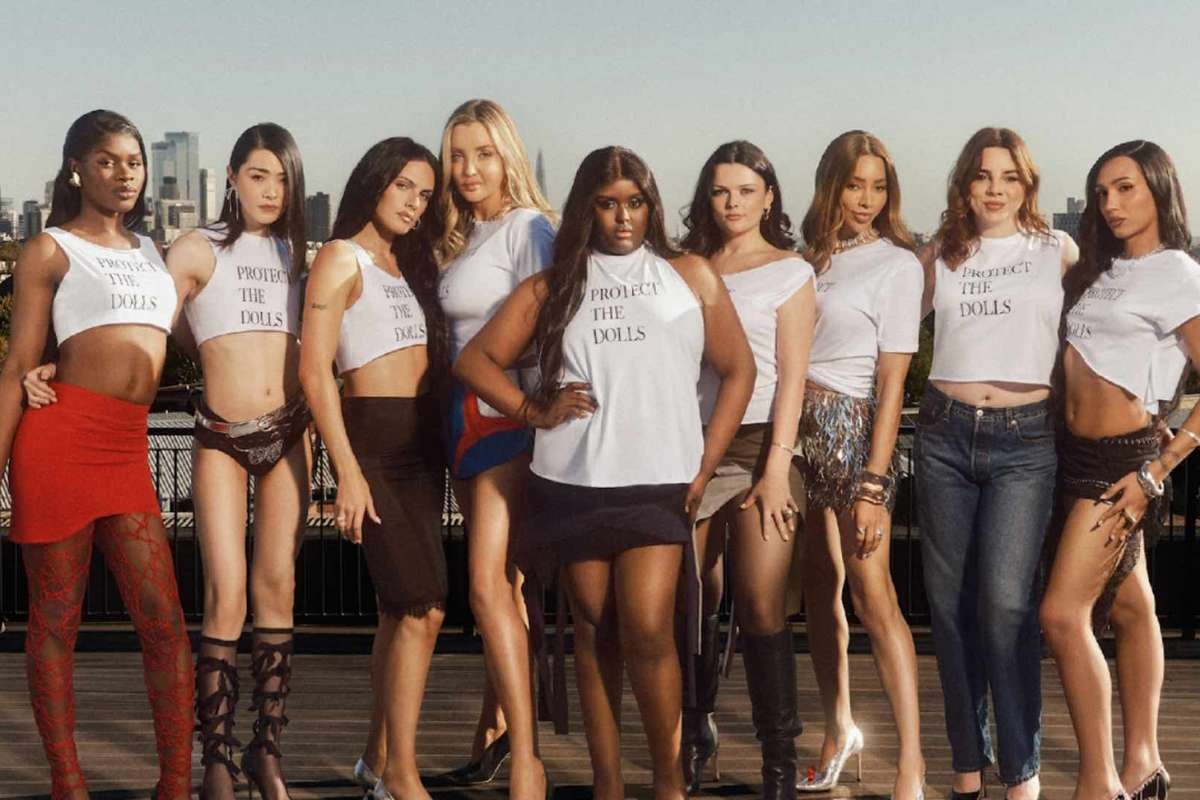Key Points:
- Women of the Year controversy sparks outrage: The magazine faced backlash for naming nine men as “Women of the Year.”
- Public divided: Supporters praise inclusivity; critics call it an erasure of women.
- Wider debate: The issue reignites discussion on gender and womanhood in modern Britain.
A leading British women’s magazine has stirred widespread outrage after featuring nine biological men on its annual “Women of the Year” cover, sparking the Women of the Year controversy across the UK. The editorial team described the honorees as “visionaries” and “advocates for equality,” claiming the selection celebrates diversity and inclusivity at a time when gender rights remain a deeply polarizing topic in the United Kingdom.
However, the decision has triggered strong criticism from women’s rights activists and readers who argue that it erases the recognition of biological women in a space meant to honour their achievements. Critics expressed disappointment that a platform historically created to empower women is now prioritizing inclusivity over biological identity.
Author J.K. Rowling was among those who voiced opposition, stating that the move reflects how women’s magazines have shifted from encouraging self-acceptance to suggesting that “men are better at being women.” Her remarks quickly gained traction online, reigniting the ongoing debate about gender representation and feminism in modern media.
Divided Public Reaction and Growing Backlash
Public reaction has been deeply divided, with social media platforms flooded by both praise and criticism. Supporters of the magazine’s decision view it as a step toward embracing a broader definition of womanhood, one that acknowledges transgender identities and their struggles for visibility and acceptance. For them, the cover represents a celebration of courage and authenticity rather than a biological label.
Conversely, opponents have described the editorial choice as a “betrayal of women’s spaces.” Many argue that the recognition of trans-identifying men in a category titled “Women of the Year” diminishes the achievements of women who have historically faced gender-based barriers. Some have even called for a boycott of the magazine, claiming that the publication’s actions are performative rather than progressive.
The backlash has not been limited to online discussions. Media commentators, advocacy groups, and public figures have weighed in, noting that while inclusivity is important, erasing distinctions between biological sex and gender identity can lead to confusion and resentment. The controversy has since evolved into a cultural flashpoint reflecting broader tensions about identity, equality, and representation in modern Britain.
Wider Cultural Implications and Industry Response
The uproar surrounding the Women of the Year controversy comes at a time when discussions about gender identity and women’s rights are at a critical juncture in the UK. Legal and societal debates continue over how institutions define womanhood, with implications stretching from sports and healthcare to media representation.
Industry experts suggest that while the magazine may have intended to foster inclusivity, the move could alienate a portion of its traditional readership. Many long-time subscribers feel their voices are being overshadowed in favour of politically charged narratives. Feminist commentators also warn that the decision risks undermining the struggles of women who have fought for decades to gain equal recognition in public life.
As the debate rages on, the Women of the Year controversy has done more than create headlines; it has reignited a nationwide conversation about what it truly means to be a woman in the 21st century. Whether viewed as a symbol of progress or a misguided gesture, the issue underscores one truth: the definition of womanhood is no longer a settled matter, and the world is still grappling with where to draw the line between inclusion and recognition.
Visit more of our news! CIO Women Magazine









